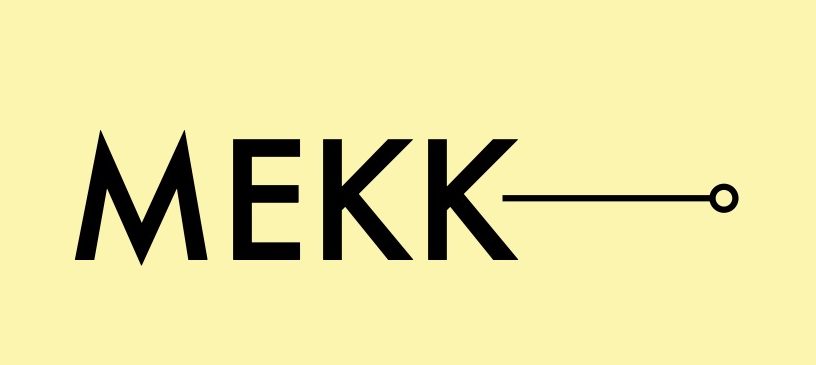
Professor and head of MEKK, Kristin Skare Orgeret gave the introduction speech at PRIO´s (Peace Research Institute of Oslo) research seminar on risk communication in Oslo 18 May 2018.
The topic was communicating risk and threat in the age of fake news and information overload, and Orgeret spoke about Journalism and matters of fact, cyber attacks and digital vulnerability.
As PRIO writes on their web-page: Misinformation distorts public communication, and is particularly powerful because our digital ecosystem has evolved into an almost perfect environment for fake news. Although incorrect or completely untrue stories are revealed as such, harm may have been done when such news is circulated worldwide and finds its way into digital ‘echo-chambers’.
How does this affect various forms of communication about risk and threats in our societies: how are they formulated, communicated and spread – and by whom?
For many years following the 9/11 attacks, the focus was on making the unknown known, about gathering information, through surveillance and big data, as the best mechanism for preventing the next attack. This logic has prevailed in most forms of crisis prevention measures as well. Then the focus on resilience in recent years has showed that we may not be able to “know all”, and thus emphasized the need for building societies capable of tackling the unknown, the possible threat, and bounce back.
The seminar took a closer look first at how this information landscape is changing, notably from a journalistic point of view, then how it allows for new types of social protest to organize, through the case of the “New Right” in Canada, and finally how Norwegian public authorities relate to this new landscape in their risk communication.
Read more at prio.org
